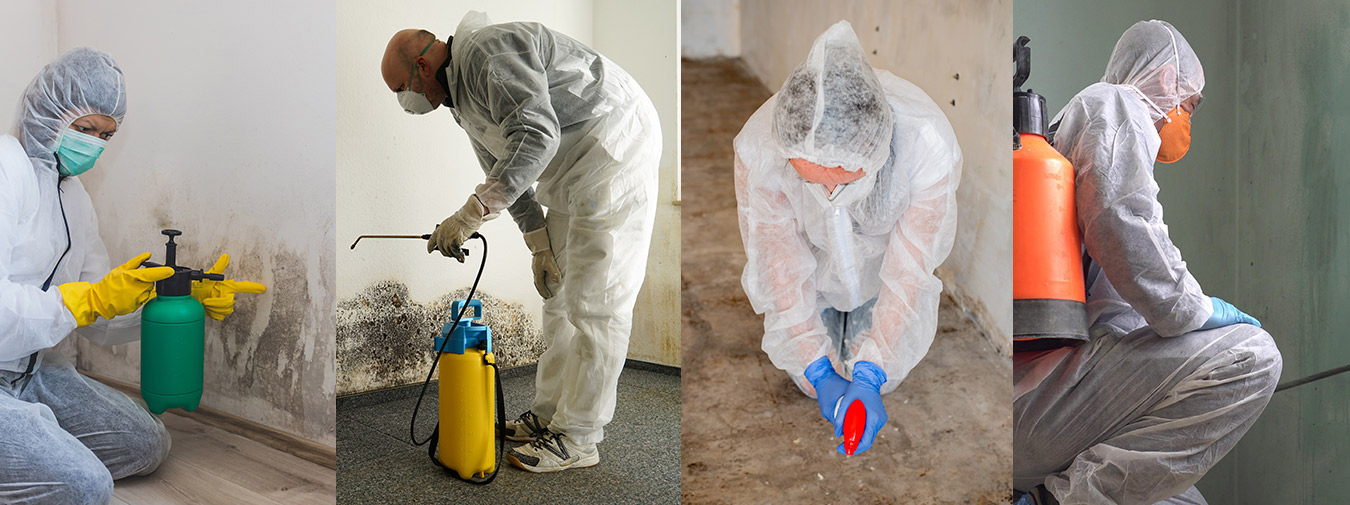Preventing Mold Growth AFTER Mold Remediation
TCB Enviro Corp clients who have completed the mold remediation process are able to breathe a sigh of relief after their clearance comes back clean. They understandably think, “glad that’s over.”
But reality check…this is where the homeowner’s due diligence begins!
Keeping Your Home Free from Mold
Yes, your home is now mold safe. However, the key to safeguarding against future mold growth is understanding the potential for recontamination. Then you must take steps to prevent it.
From the moment we complete the mold remediation process, recontamination can begin. Mold is everywhere. Have you considered all the factors that could potentially affect your living space?
Be Aware of these Mold Risks
- Furniture
- Finding a great deal on garage sale furniture (or even new furniture that’s been sitting in a non-climate-controlled warehouse) could easily bring mold spores into your home.
- House Cleaning
- Has your vacuum been cleaned? Does your cleaning lady bring in her own vacuum or pole duster? These could potentially be transferring spores from the previous home she cleaned.
- Mold feeds on dust. What are you doing to eliminate it?
-
Bringing Mold in from Outside
- Remember, every time you enter your home from the outside, mold spores can remain on your clothes and enter your house. This is also true for your pets.
- Those living in wooded areas will naturally have more mold spores around their property.
- If you nourish your landscaping with wood mulch, you’re actually adding more mold spores around the exterior of your home that can easily enter through open doorways. Be especially diligent when new mulch gets laid before it settles.
-
Excess Moisture in Your Home
- Be mindful of water leaks and high humidity levels. Whether on windows, ductwork, or plumbing pipes, added moisture can raise your humidity levels and provide the needed nutrition for mold to multiply.
- Basements are notorious for humidity. Even a maintained and finished-out basement can have leaks or sump pump failures. Install humidity meters, have back up alarms on sump pumps, and always monitor humidity.
- Also pay close attention to the humidity coming from your HVAC vents. If your air conditioning short cycles, it may cool but not run long enough to remove the moisture from the air. Other times condensation can back up and create high humidity.
- Make sure you keep your crawl space vapor barrier in good shape. See that contractors who may need access (ex: a plumber) do not accidentally move it about and create uncovered areas. This can cause earth humidity to rise and increase the overall humidity within your home.
- Check your downspouts to be sure they extend from your structure and don’t dislodge during mowing or storms.
- Always be on the lookout for excess moisture caused by:
-
- Disconnected dryer vents
- Condensation around windows
- Icemaker line leaks
- Plumbing leaks
- Roof or chimney leaks
- Toilet seal leaks
- Tub/shower leaks or escaping water during a bath or shower
- Dishwasher or clothes washer leaks
- Wet towels, swimsuits, or athletic clothes
-
Mold in Your Car
- Have you considered that your automobile might be making you sick? Cars can retain moisture from rain and snow. This creates the perfect humid environment to grow mold. Same for boats, campers, and RV’s.
-
Mold at Work
- Your place of work might have mold in the building or its HVAC system. Monitor the humidity around you. Look for roof leaks, stained drop-down ceiling tiles, condensation moisture, and dark stains on return air grates.
TCB Enviro Corp for Local Mold Remediation
The checklist we’ve provided above is not exhaustive but can be a starting point for preventing mold in your Florida home or business. Once you’ve been affected by the dangerous health effects of mold or the mycotoxins they produce, you become aware of the possibility of mold all around you.
If you need answers to your questions about mold – or if you’d like to schedule a mold inspection for peace of mind – please contact TCB Enviro Corp, at 904-827-1653.







